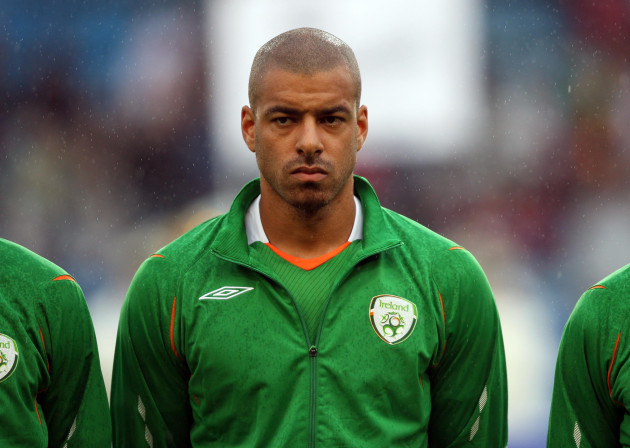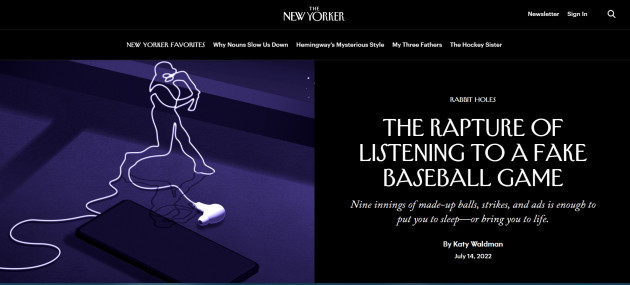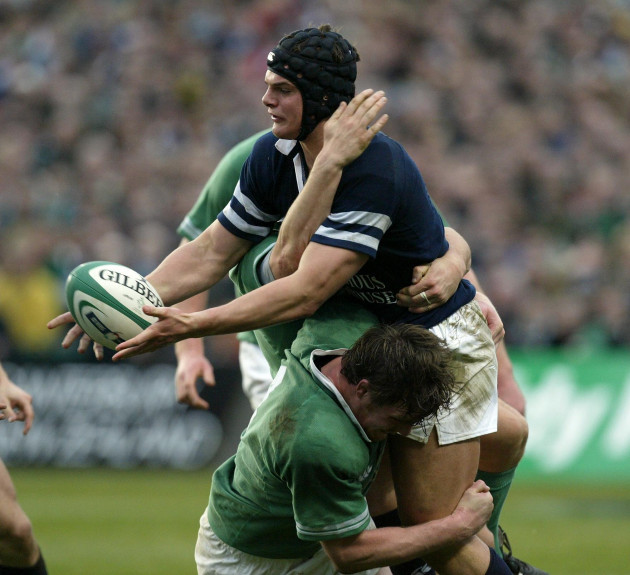1. The injuries inevitably exacerbated that deep-seated impostor syndrome. “There was crippling anxiety at times, the stress and panic attacks,” Reid says. “I vividly remember living in Bolton at the time I played for Blackburn. Pre-match, I got to the car, panic attack, had to go back into the house, lie on the bed, calm myself down.
“There was depression there. But I just went on autopilot and just ‘go again, go again’. I’ve had panic attacks on the pitch in Premier League games. They were surreal moments, almost out-of-body experiences. I read books on it, they call it ‘derealisation’. I still ended up managing the panic attacks, saying to myself: ‘I’ve been here before, it’s not going to go on for ever, allow it to burn itself out,’ and then I was back.”
He opened up to those close to him. “I’ve never been scared of asking for help. My mum worked in mental health in the hospital near where we live. She was always brilliant at ‘getting it’. I would speak to the club doctors and say, ‘I think I need a little bit of help, I have anxiety, impostor syndrome.’ I ended up working with [the acclaimed sports psychiatrist] Steve Peters quite closely for a while at Blackburn.”
2. I had come to the podcast as an insomniac, but I was intrigued as a consumer of weird texts. On the show’s Web site, www.sleepbaseball.com, you can browse sweet, possibly fake testimonials (“This takes me right back to those hot lazy Chicago summers of my youth, dad turning on the Cubs game in the Chevy Nova, while I dozed off, a fish in the sound-waters of baseball”) or subscribe to “Wally’s World,” an “infrequent and possibly entertaining newsletter.” A brief description of the podcast promises no yelling and “no weird volume spikes”—a hazard if you’re trying to fall asleep to the actual Cubs. The site also stipulates the existence of a genre, “baseball radio A.S.M.R.,” for which it suggests a slogan: “You don’t listen to it, you listen through it.”
I was puzzled, and beguiled. It’s true that no other sport carves up time quite like baseball. In a 1973 essay, Philip Roth discussed the game’s “longueurs,” “spaciousness,” and “peculiarly hypnotic tedium.” Mr. King goes farther, stripping his subject of everything but rhythm—pitches and swings, runs and outs, inning after inning. Athletes inch around the bases like light across a sundial. Time—how it’s apportioned, and the inner experience of it—seems to be the show’s main character. The series could be a sendup of Americana, the aesthetic’s essential boringness, or a love note to memory, with the hazy, preserved glow of a scene unburied from childhood. There is, too, the story of an audio landscape in which creators of white-noise podcasts can earn as much as eighteen thousand dollars per month. Baseball A.S.M.R. shares source code with ambient TV, chill-core playlists, and the sort of gauzily frictionless Internet content that you only half notice you’re looking at. The popularity of such products shouldn’t surprise us. Modern bandwidths swarm with stimuli; in this context, culture that aspires to deflect attention can scan as wholesome, benevolent, even virtuous.
In the New Yorker, Katy Waldman writes of the virtues of listening to a ‘fake baseball game’.
3. “I have nightmares about rugby every night. My hands don’t work. My laces are undone. Things are not working. I have PTSD and very vivid nightmares, most of which are violent towards people who have hurt me.”
From a young age, Philip knew he was different. He suffered from severe mental health issues that left him barely able to speak or feel heard. He was a passive child who learned to keep his head down and answer only when addressed. This all changed when he stepped on to the rugby field. “My childhood wasn’t a childhood until I found sport. Everything was anxiety. I was riddled with it. I felt severe pain in my groin and back. I felt I wasn’t being heard at school. I didn’t even want to play rugby. I was put on the wing and hated it. I didn’t like hearing parents shouting to give me the ball. I didn’t want the attention. I would score 10 tries, but all I wanted to do was hide.
“When it got more physical in rugby I finally had an outlet for my anger and pain. I’d stick my face in the middle of a ruck, literally because I wanted to experience huge pain. Later in life, I’d give myself black eyes and scars as physical pain was better than mental pain. I had an utter disregard for my body, just like my coaches and physios. I’d train while injured. Pain didn’t register. It gets to you eventually but, compared to the terrors, it was nothing.”
4.Weiss, at 43, has been sober for two years now—long enough that he feels comfortable joking about it. “That’s the great thing about drugs,” he says. “It’s this profound accomplishment to simply not do something.”
The food arrives, and Weiss digs in, using his tongue and lips to mash it all up just so. “I have to do all these little maneuvers,” he says.
That’s because his top teeth are all gone. Until a few months ago, his bottom teeth were, too.
“People think it was the meth,” he says. “But also: I got my teeth kicked in.”
Shaun Weiss was 5, growing up in New Jersey, when his mother, Rajpattie, took him to a casting call in Manhattan. Soon he had a talent agent, a series of Jell-O commercials and then gig after gig, culminating in the 1992 family hockey movie The Mighty Ducks. As Greg Goldberg, Weiss stole his scenes with charisma and comedic timing uncommon for his age. He was the goalie afraid of pain, so terrified of a puck that he’d dive to avoid a shot, even in full gear. In one scene, his defining moment, teammates tie him to a net and pepper him with shots until he realizes, “Hey, this doesn’t hurt!”
5. According to data from the consultancy firm Twenty First Group, players over age 32 are consistently playing more minutes in the Champions League every year. Last season, players over age 34 — practically ancient, by soccer’s traditional thinking — accounted for more minutes in Europe’s big five leagues than in any previous season for which data was available.
More significantly, that has not been at any notable cost to their performance.
“Age has its pros and cons,” the former Barcelona right back Dani Alves, now 39 and determined to continue his career, told The Guardian this month. “I have an experience today that I didn’t have 20 years ago. When there’s a big game, 20-year-olds get nervous and worried. I don’t.”
Twenty First Group’s data bears Alves out. Though players in their 20s do press more than those in their 30s do — 14.5 pressing actions per 90 minutes, as opposed to 12.8 — that reduction is offset in other ways.
In both the Champions League and Europe’s major domestic competitions, older players win more aerial duels, complete more dribbles, pass with greater accuracy — if they are central midfielders — and score more goals. More than twice as many players over age 30 now rank in Twenty First Group’s modeling of the best 150 players in the world than appeared in the same list a decade ago.



